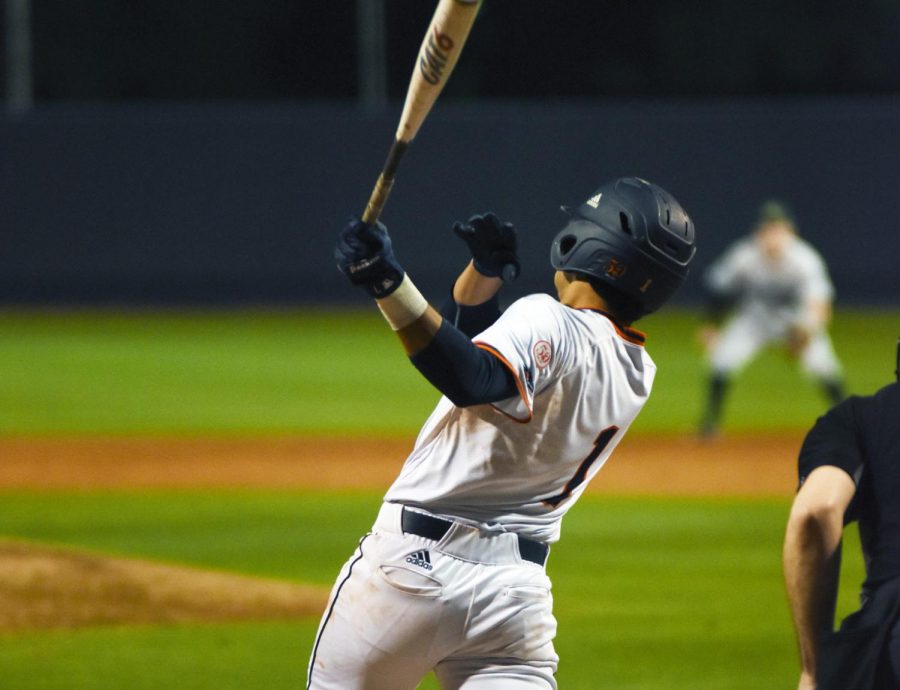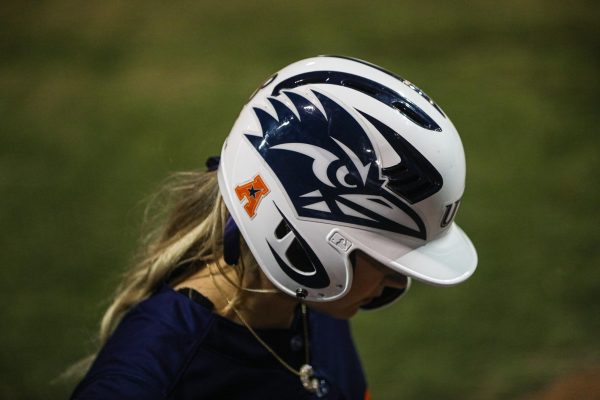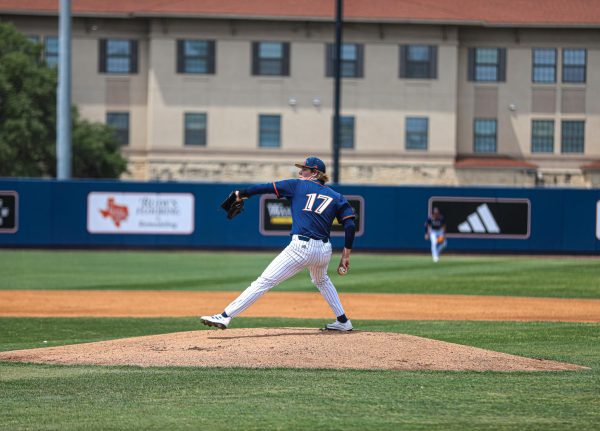NCAA grants extra year of eligibility to spring sport student athletes
April 1, 2020
One of the signs of the severity of the COVID-19 crisis was the mass cancellation of sporting events across the country. College sports in particular were hit hard, with the NCAA March Madness tournament being the highest profile cancellation. There’s an argument to be made, however, that the more impactful change was the NCAA’s decision to cancel all spring sports in the face of this pandemic. This was crushing news for a number of student athletes since, unlike most fall sports, which had at least managed to finish the regular season in most cases, spring sports had just started their seasons. Most of these sports had only managed to get three weeks into their season before it was canceled.
The weeks following this decision led to speculation about what exactly the NCAA would do to address the fact that sports like basketball were unable to finish their season and all spring sports were unable to even begin conference play. Thankfully, the NCAA released a statement on Monday, March 30, announcing they will be granting an extra season of competition and an extension on the period of eligibility for all spring sport athletes. The NCAA’s decision allows schools to apply waivers to themselves to take advantage of this. To compensate for athletes sticking around a year longer than colleges expected, the NCAA adjusted financial aid rules to allow teams to carry more players on scholarship. In addition, schools will have the chance to use the NCAA’s Student Assistance Fund to pay for scholarships for students who take advantage of the additional eligibility.
Despite being an organization that has previously demonstrated an anti-student athlete position regarding issues surrounding eligibility, the NCAA made the right call. One can only imagine what some seniors and fifth-year seniors were feeling when faced with the possibility of their careers ending early due to events outside their control. This decision will allow all spring sport athletes to be able to take advantage of and experience their full college sports career, an option that was up in the air for many. The NCAA’s decision firmly places this in the hands of universities, however. There’s a chance that, despite the changes to financial aid, certain universities may decline to provide scholarship funds to returning athletes, essentially forcing them out.
Another aspect to consider is the impact this decision will have on incoming freshmen looking to compete in college athletics. The possibility now exists that these athletes will not receive as much playing time as previously promised due to the unexpected return of these senior student athletes. The NCAA should consider granting these incoming freshmen the chance to transfer programs without penalty, as it is only fair to do so considering the change of circumstances throughout the country. While fall sport student athletes will undoubtedly be disappointed this extra year of eligibility will not apply to them, many of these sports were only denied the chance to compete for a championship. Many fall sports were able to complete their regular season, leaving their case for an extra season of eligibility on much shakier ground than spring sports’ case.
In difficult times like these, organizations are forced to make difficult decisions that inevitably complicate matters but still serve the interest of doing what is right. In this case, the NCAA reached such a decision. While Thursday’s decision complicates next season greatly for a number of schools, for the student athletes impacted, this was the correct decision to allow them the chance to compete and, in some cases, end their athletic careers on their own terms.













